6. Sorry We Missed You (2019, Ken Loach)
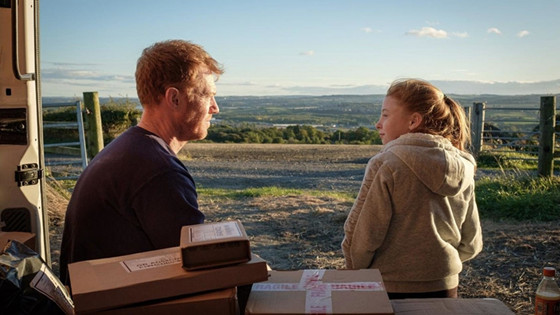
Ken Loach, master British social realist filmmaker, has returned after his monolithic commentary on Britain’s welfare state in I, Daniel Blake to turn his commentary on zero-hour contracts and service economy.
The narrative centres on Ricky (a brilliant feature debut by Kris Hitchen), a recently redundant labourer forced to become a delivery driver in the hope of making a better living to look after his family. By doing so, his wife (Debbie Honeywood), an in-home carer, has to sell her car so Ricky can rent his overpriced delivery van, a decision which forces her to take public transport to see the patients she cares for. As a result, both lose valuable time to spend with their two children and the harsh demands from Ricky’s hard-faced boss start to take a severe psychological and physical toll. Ultimately, what was meant to bring stability and togetherness for Ricky’s family ends up being economically ruinous, destructive, and what breaks the family apart.
A film that garnered great reviews upon release and was even nominated for the Best British Film BAFTA (which it sadly did not win), Sorry We Missed You still seems to somewhat be living in the shadow of its predecessor. Admittedly, not every film can make national news headlines, spark up discussion in government, and cause people to spray paint on Job Centre walls, but Sorry We Missed You still brings to light a huge social issue lacking in media attention and does so in a way that resonates on a personal level.
Here, Sorry We Missed You may just be even better than the Cannes award winning I, Daniel Blake. It is more dramatically engaging, navigates humour and tragedy with acute sensibility, and its focus on the whole family unit, thus seeing the effect of modern labour exploitation on different generations, leaves a stark lasting effect.
7. Island of the Hungry Ghosts (2019, Gabrielle Brady)
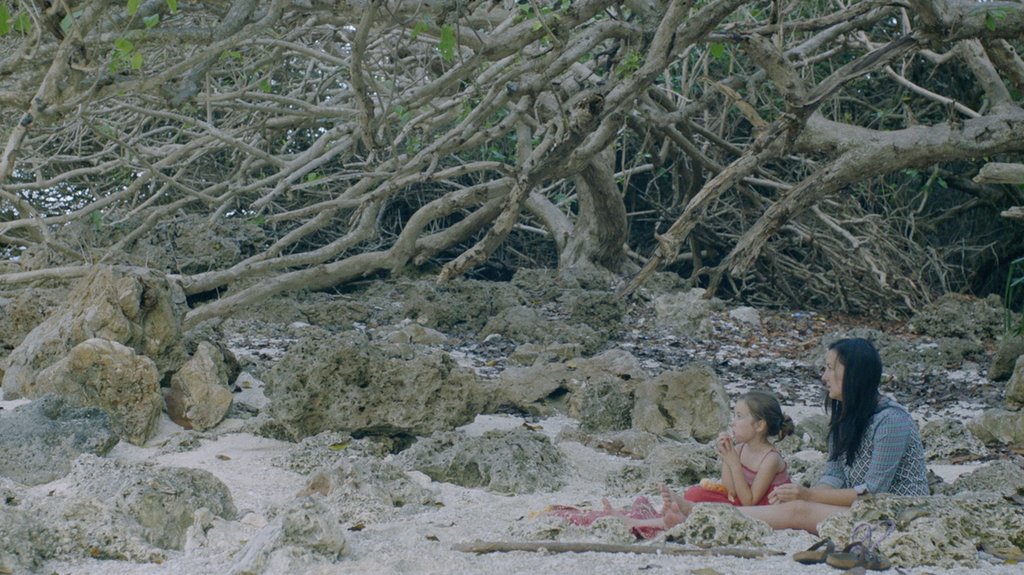
On the one hand a documentary about the annual migration of crabs on Christmas Island from land to sea, on the other a documentary about a trauma counsellor’s work at the island’s huge asylum seeker detention centre, Island of the Hungry Ghosts navigates two separate subjects through visual poetry. Here, the world’s largest on land migration is beautifully juxtaposed against people being indefinitely held against their will.
Constructed without music or any interfering interview footage, Gabrielle Brady uses the synergy of image and juxtaposition to tell its story. Residents on Christmas Island help the crabs every year by building small bridges and by hiring people on bikes to sweep the crabs away from the roads, pushing them closer on their journey to the shoreline. What is hidden behind this generosity and among the island’s jungle is the detention centre, a building for those who have fled the troubles of their own country only to be further emotionally challenged, unknowing of when they will be released.
A beautiful example of narrative and structure working in tandem, it is both a wonderfully slow and poetic work, one that doesn’t offer answers but allows us to observe and make revelations for ourselves. Gabrielle Brady is conscious that this issue, in 2019, is a universal one and uses image and observation as a means of transcending its themes beyond its enclosed island setting.
Breath-taking, important cinema.
8. Wounds (2019, Babak Anvari)
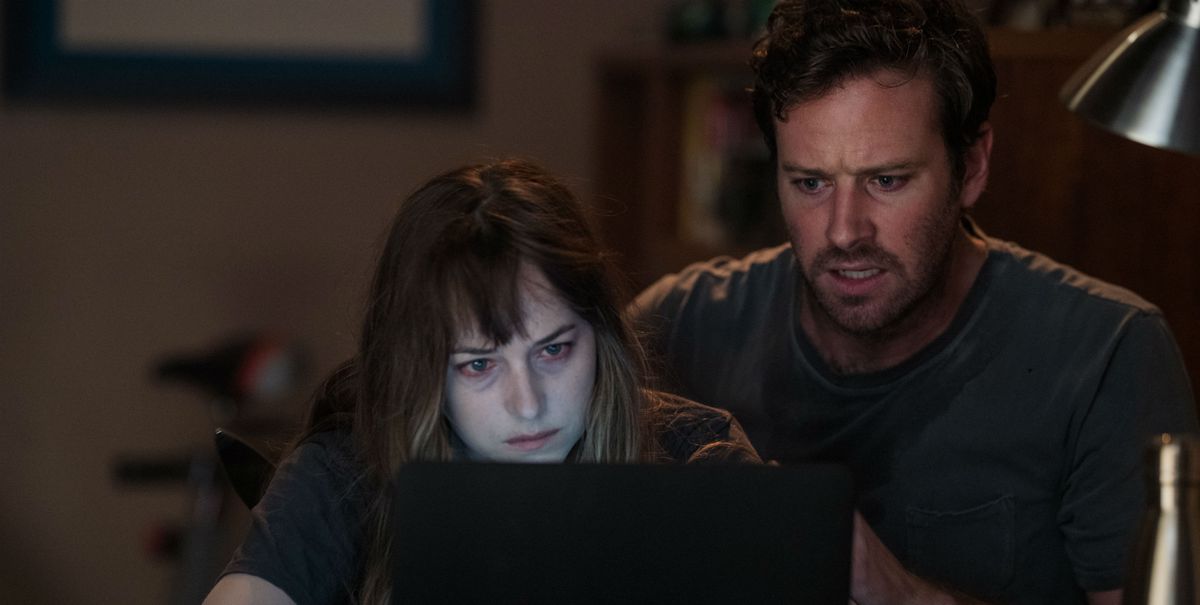
Will (Armie Hammer) is a man devoid of something to give his life meaning. He is a college dropout whose girlfriend (Dakota Johnson) may or may not be sleeping with her professor, his flirtatious best friend (Zazie Beets) has finally found someone genuine to fall in love with, and his dingy bar job is filled with dirt and cockroaches – both literal and figurative. On the surface Will is a charismatic, playful man to be around; he is a man who is always up for a drink and the night is always too young. But underneath there is something more hollow and sinister – as his girlfriend, Carrie, remarks he is “all full of worms.”
Once Will finds a lost smartphone that was dropped by a college student during a vicious bar brawl, his charming façade starts to fade rapidly. The phone has some connection to an ethereal, spiritual being and Will starts to receive ominous messages and photographs of severed heads and blooded teeth. Will is reluctant to believe what he sees at first but as his body starts to fail him and as the images and sounds from the phone start to haunt him the more the relationships that once gave him focus start to break down, pushing Will to lose his grip on reality.
Under the Shadow director, Babak Anvari, once again explores the hauntological, here, replacing 80s war-torn Tehran with the ever-connected, technologically modern USA. Though where the monster is ever-present in Under the Shadow, Anvari decides to place us in a liminal space, concerning himself, here, with what happens before the real monster exposes itself. Will’s body is seen as the perfect vessel for the creature and the film explores how the creature entices Will into surrendering it.
Similar to Under the Shadow, Wounds tries to use the current political/social landscape as a backdrop – in this case technological connectivity. But by fleetingly skimming over these vast ideas, Anvari risks going into little depth, contrasting Under the Shadow whose story and setting is blended seamlessly. But there is much to admire in Wounds, whose pace and energy alone gives this film some edge, and has enough scares and enough interesting ideas to give this film merit. It is a film that revels in 80s, b-movie nostalgia and it is one that deserved much higher praise upon its Netflix release.
9. So Long, My Son (2019, Wang Xiaoshuai)
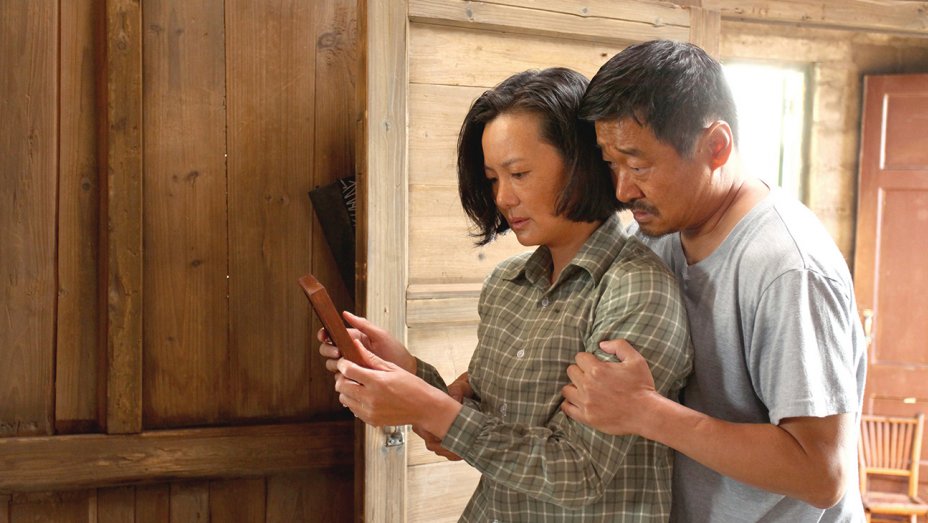
Wang Xiaoshuai, Sixth Generation Chinese filmmaker, places this film in a time of radical social change. Spanning over three decades, thus bearing witness to a transforming China, we follow Yaojun and Liyun as they navigate personal tragedy, the effects of the one-child policy (introduced in 1979 and abolished in 2015), and a changing political landscape.
A slow, melodic, and tender film, Yaojun and Liyun’s lives together is marred by the drowning of their young son, Xingxing, that ends up causing friction between their closest friends and their son of the same age, HaoHao. Yaojun and Liyun struggle to continue their urban, city life, so decide to move to a coastal village, isolating themselves from their past and forcing them to start anew. While there, they adopt a new son – naming him Xinxing – though he succumbs to the pressure of filling the boots of their biological son, only to run away with a band of renegade motorcyclists.
When they finally go back to their old home, to visit their dying friend, they are overcome by the city’s transformation, but among the urbanised bustle they manage to find time to reconcile with their past and resolve their present.
At first hard to follow and piece together, the film’s three-hour runtime and slow, melodic pace give you enough time to adjust to its non-linear, audacious time-hopping narrative. Told through flashback and flashforward, slowly we piece together the unfolding narrative that manages to abridge moments of tragedy and affection, heartache and love.
So Long, My Son is an epic piece of intimate storytelling; a piece of filmmaking that truly showcases a master at play. Masterpiece.
10. Her Smell (2019, Alex Ross Perry)
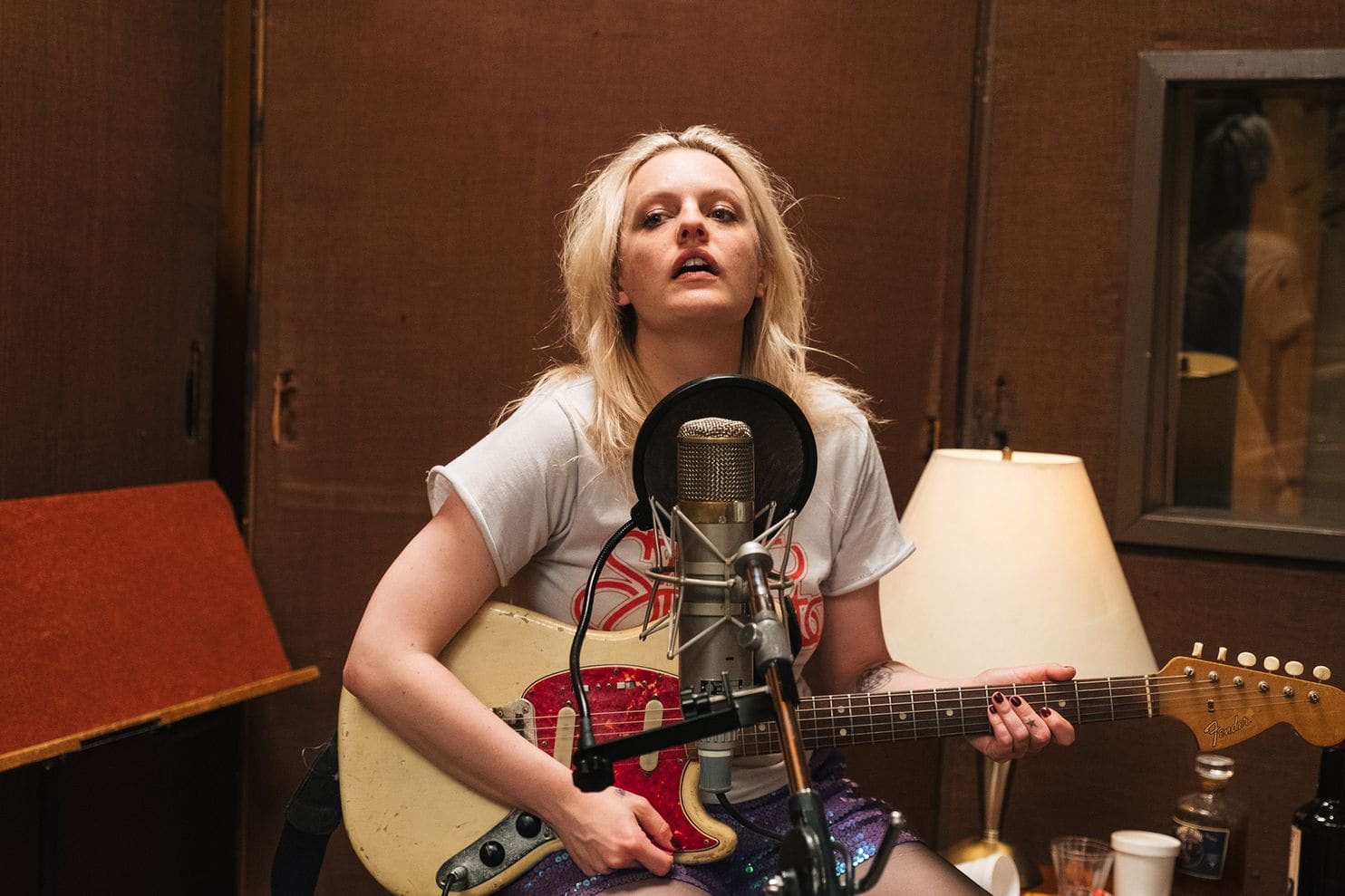
Her Smell has the kind of schizophrenic, stressful energy and relentlessness akin to Uncut Gems; each scene is undercut with a harshly unsettling and jarring soundtrack, a sound that builds as if waiting to blow. Everything is teetering on a knife edge for Elisabeth Moss’s 90s rock star as she erratically navigates her stardom with her crippling drug and alcohol addiction.
The film is brilliantly segregated into five sections that act almost like vignettes: the first three are glimpses into Becky Something’s destructive, drug addicted character while the final two rapidly gear-change as we witness her tentative steps out the other side – now a shell of a woman desperately trying to piece her broken life back together.
To begin with the film is gruelling, difficult, and challenging. The use of handheld camera mirrors Becky’s unpredictability as she barrages her way through backstage hallways and green rooms, her shaman and spiritual guide following at her heels. She is a disaster who finds pleasure in burning the finite ties she has to friendship and the real world. Her fitful behaviour is like someone scratching their nails against a blackboard, but this only makes her sobriety later in the film even more rewarding, both for her and for us.
The latter parts of the film place her in a different aesthetic space; she plays with her child, gives beautiful, intimate musical performances, and connects with the world again. Though while our minds adjust to her changed character, there still remains a mild fear of her emotional collapse – even a moment of stillness and quiet, either sat on a sofa or eating an apple, is undercut with a very faint ticking.
Elisabeth Moss is excellent here and Her Smell thoroughly deserved a wider release. Alex Ross Perry, the American indie filmmaker, has made a remarkable step up, making a structurally brilliant movie and one of the best from last year.